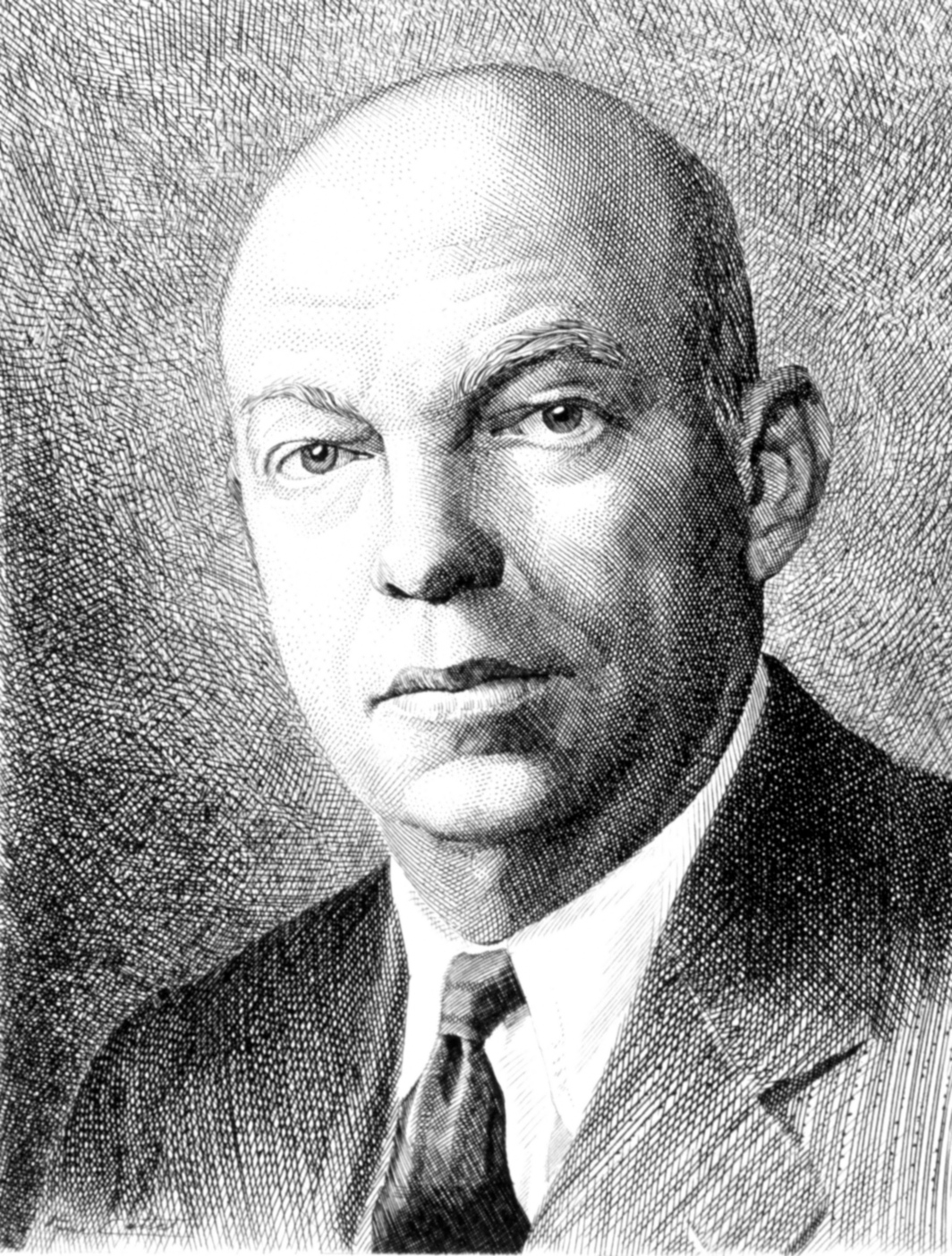“The world, I think, will wait a long time for Nikola Tesla's equal in achievement and imagination.”
As quoted in the The Tesla Museum exhibition in Belgrade, and by the Tesla Memorial Society of New York http://www.teslasociety.com/tmuseum.htm
Edwin Howard Armstrong est un ingénieur américain et inventeur. Il a été avant tout le « père malheureux » de la technique de diffusion radiophonique appelée « modulation de fréquence » qui s'est développée d'abord aux États-Unis puis progressivement dans le reste du monde. Sa manière de travailler mettait en avant l'expérimentation et le raisonnement. Edwin Howard Armstrong se méfiait des déductions trop théoriques et trop abstraites. Ses combats et ses procès avec l'industrie de l'électronique eurent raison de lui. Wikipedia

“The world, I think, will wait a long time for Nikola Tesla's equal in achievement and imagination.”
As quoted in the The Tesla Museum exhibition in Belgrade, and by the Tesla Memorial Society of New York http://www.teslasociety.com/tmuseum.htm
As quoted in Electronics (2005) by P. Arun, p. 310
Contexte: Anyone who has had actual contact with the making of the inventions that built the radio art knows that these inventions have been the product of experiment and work based on physical reasoning, rather than on the mathematicians' calculations and formulae. Precisely the opposite impression is obtained from many of our present day text books and publications.
“Men substitute words for reality and then argue about the words.”
As quoted in "Edwin Armstrong : Pioneer of the Airwaves" by Yannis Tsividis http://www.columbia.edu/cu/alumni/Magazine/Spring2002/Armstrong.html
Unsourced variant: Men like to substitute words for reality and then argue about the words.